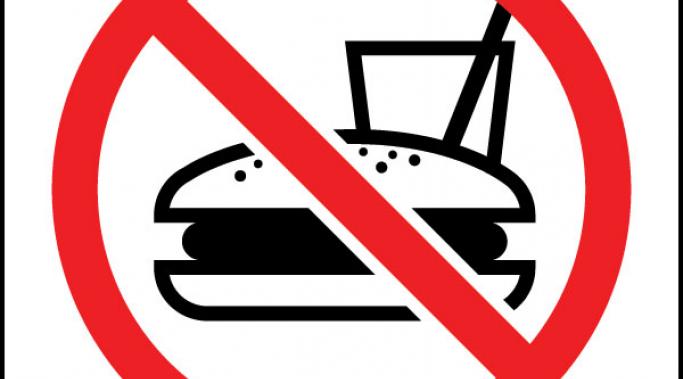Family-Based Maudsley Therapy Is Not a Do-It-Yourself Approach
There is a mistaken idea out there that Maudsley treatment for eating disorders is something parents can just decide to do without professional support. While I know families who do take on the re-feeding (weight restoration) responsibilities, I think it is important to keep in mind that this is only one part of the approach, and why it works well for so many families.
food
A lot of people seem to think that "re-feeding" is just for treatment of anorexia. I'd like to argue for a different way of looking at weight restoration and nutrition for all eating disorders.
It is not hard to find someone willing to treat an eating disorder patient. Most therapists, social workers, doctors, and dietitians, with no particular specialty in the topic, will accept patients with anorexia, bulimia and other eating disorders. I've heard of a chiropractor, a massage therapist, and an astrologist taking charge of this life-threatening illness as well.
As parents and loved ones, I think it is really important that we do everything we can to make sure patients get care from clinicians who specialize in eating disorders. Further, it is our job to make sure these specialists are using evidence-based treatment methods.
It sounds like a reasonable question: "What is your ideal body weight?" But beware: this is a technical term that is often confused for what it sounds like: an aesthetic ideal.
Have you noticed that it is just assumed in our society that everyone wants to be thin? Thin is never defined, and seems to mean "smaller than anyone else in the room." Everyone seems to agree that being thinner is a constant quest, and that the only difference between people with an eating disorder and everyone else is how strong that "drive for thinness" is. I don't buy it, and I'll tell you why.
When I ask people to care about eating disorders, it is very common for them to come back with "but obesity is such a big problem." I'm not sure why the two things are seen as opposites, but I think we'd benefit from taking a different look at both issues that may lead us to see some common goals and a common approach.
My friends on the Around The Dinner Table online forum are talking about something that comes up so much: what should parents be eating?
Horror films don't come close to raising blood pressure like the prospect of mealtime for a parent of an eating disorder patient. Forget the knives and chain saws: the sight of a fork and spoon can be send the pulse racing. There is hope, however, in having a plan.






